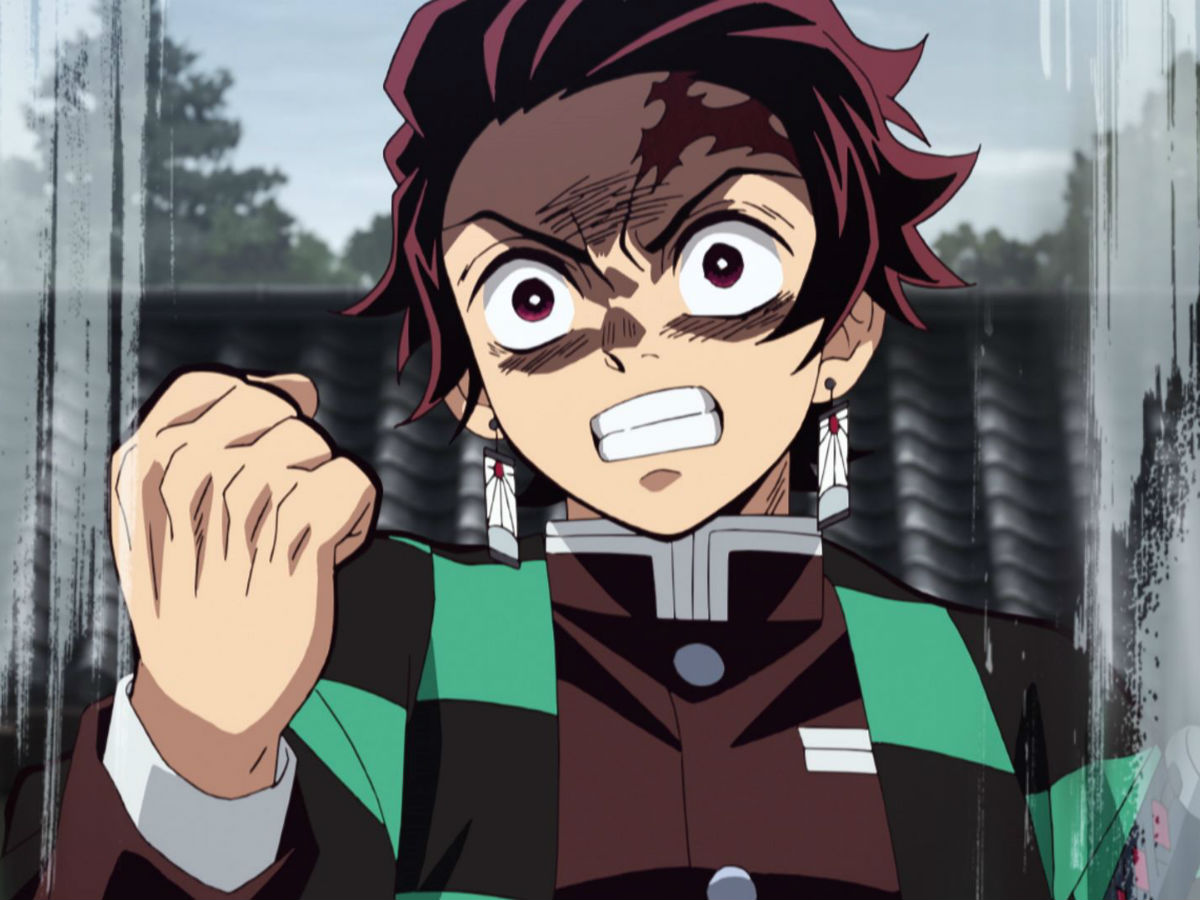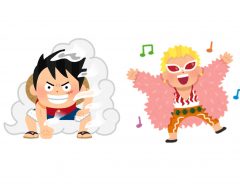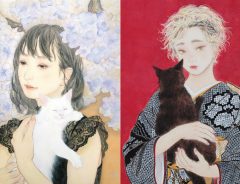
©吾峠呼世晴/集英社・アニプレックス・ufotable
Fans push back on trending “Demon Slayer harassment”–being alienated for disliking the hit anime
- Tags:
- Anime / Demon Slayer: Kimetsu no Yaiba / harassment / Japan / Manga
Related Article
-

This Mom Made Her Daughter A Princess Mononoke Terrarium For Her Birthday And It’s Awesome
-

Enjoy an open-air BBQ alongside the hustle and bustle of Kobe’s harborside
-

Acrobatic Otter Swings And Spins On Towel As It Plays With Its Keeper
-

Irasutoya releases adorable free-to-use stock photos of One Piece characters
-

Japanese Artist Kazuho Imaoka Gorgeously Illustrates Beautiful Women And Their Cats
-

Propose To Your Loved One With Their Favorite Riceball Filling With These Onigiri Ring Sets


In Japan, various types of harassment can be described by combining the root of the bullying with the abbreviated suffix of hara (ハラ). Sekuhara (sexual harassment) and pawahara (power harassment, workplace bullying based on status) are perhaps the two most established, but there have been newer coined ones such as kasuhara (customer harassment, being harassed by customers) and sōhara (social media harassment) that have found common usage.
Even more lately, people have use the suffix for what most would consider minor or even joke grievances, including noohara (bothering people by loudly slurping noodles) and pochihara (men bothering others with shirts that make their nipples visible).
You can add another category of niche harassment to the list--kimehara--a term that applies to those who feel alienated for not liking hit anime and manga series Demon Slayer: Kimetsu no Yaiba.
©吾峠呼世晴/集英社・アニプレックス・ufotable
The term (which shortens "Kimetsu no Yaiba" and combines it with "hara"), refers to the sentiment that people who are uninterested or unfamiliar with Demon Slayer feel uncomfortable and judged negatively when expressing their disdain or apathy, and so are pressured to refrain in an awkward atmosphere around friends and coworkers.
The term seems to have originated from a Buzz-Plus article, which rounds up Tweets expressing the sentiment following Demon Slayer: Kimetsu no Yaiba - The Movie: Mugen Train recently topping the global box office.
While the article itself cites Tweets expressing the feeling of harassment, and a search for #キメハラ will show some earnest frustration with tip-toeing around not being plugged into the mega-popular series, but many responses to the discussion are dismissive of the idea of that being harassment:
"You can just say you haven't seen it."
"Demon Slayer Harassment? That's laughable!"
"If you really think it's boring, you can just say that. Everyone has their own opinion. I say it's cool because I think it's cool. Saying it's boring just for attention without seeing it is lame, though."
"Have the courage to be unpopular!"
"Kimehara--the idea that saying you dislike Demon Slayer makes you disliked as a form of harassment is increasing, they say. But this isn't unique to Demon Slayer. It's the unavoidable result of proudly telling someone who likes something that you hate it."
"Do you really need to say anything? Just read the room."